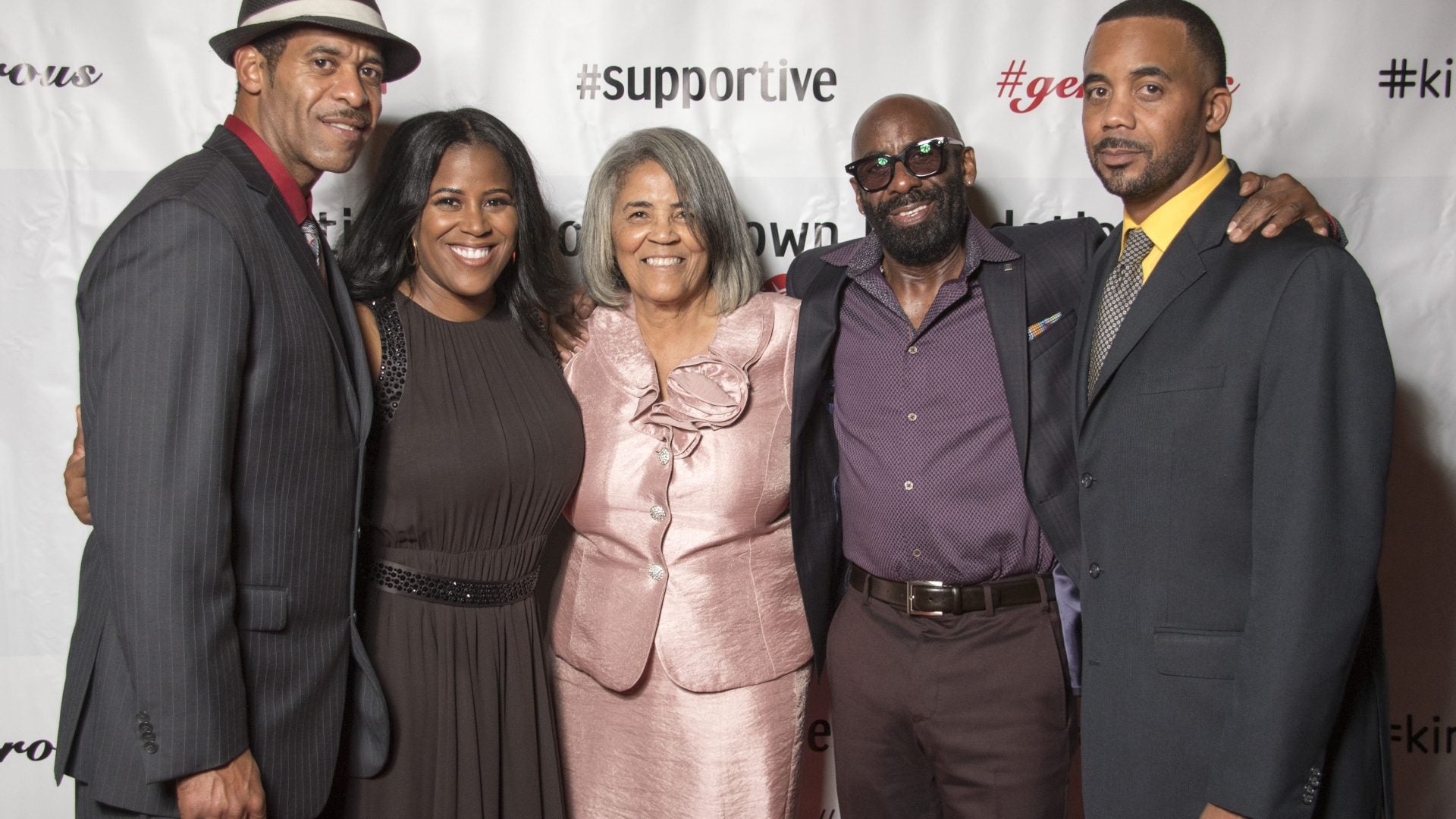
What’s your legacy? Well, that’s an easy question for my dad and mom, Otis and Rosie. They proudly point to my two older brothers and to me. And to our kids, their grandchildren. My husband and I would do the same with our four kids, but I want to add a financial legacy, too. And I recommend that you think about one, too.
People often think of a financial legacy as a financial gift, maybe money set aside in a will. That certainly is a legacy. But, I also want you to think about your financial legacy as helping the next generation learn about money. This has become a passion of mine, which is why I am such an advocate for Advancing Black Pathways. JPMorgan Chase created this program two years ago to accelerate economic empowerment and opportunity for the black community—and it’s just one of the reasons I love working for this company. Be on the lookout for a future column, when I talk more about how you can tap into that.
Right now, let’s look at the legacy of learning about managing money, modeling the behavior for your kids and then talking with them and teaching them.
To begin, lean into the discipline of automatically saving a little bit every paycheck. That may be difficult right now, but it’s crucial to start your new savings habit. I talk a lot about building a rain-day fund because it not only starts that habit, but it also keeps your momentum and motivation going during a financial challenge.
Your legacy is centered around saving for retirement and learning how an IRA or 401(k) works. For example, did you know that most employers with 401(k) plans will match at least part of what you put in? That’s free money you’re leaving on the table if you don’t participate. Also, be aware of the value of getting started early. When you set aside $1,000 in a 401(k) at age 25, the investment is more likely to produce higher returns in the long run than investing the same $1,000 at age 35, 45 or 55. And If ages 25 or 35 are in your review mirror, that’s OK. Get started now.
This leads right into our discussion about leaving a financial legacy. First, imagine the best possible outcome for all of the ideas and dreams you have for 5, 10 and 15 years from now. Think about what that could mean for your financial legacy.
Now comes the hard part: How will your financial choices support your intentions?
Review where you are now. Here is what to focus on:
- Have a clear vision of your “why.”
- Create goals with “mini-actions” that move you in the direction of your desired outcome.
- Align your plan with daily/weekly/monthly financial behaviors that are consistent with your “why.”
- Stay accountable to yourself. The average net worth for single African-American women is only $200. And that was before COVID-19, which had put financial pressure on many women.
- Be accountable to your spouse or financial partner if you have one. Are you on the same page? How often will you review your goals and milestones?
Especially in these challenging times, it’s crucial to maintain a positive mindset and recognize the money thoughts that help and those that harm. Surround yourself with people who support you and your goals.
And remember to celebrate your progress by checking your numbers and reassessing your goals regularly.
I encourage you to start creating your own legacy as soon as you can, even if it’s just a little bit. Of course, very few people will pay off the student debt of an entire college graduating class. But we can do our parts, and sometimes, magical things can happen.
In 2013, I was able to help create the Otis and Rosie Brown Foundation. Every year, it issues student scholarships and grants to nonprofit organizations that exemplify the qualities I see in my parents. The foundation’s motto is simple: Extraordinary things can be done with ordinary resources.
I’m so proud of what the foundation has been able to do, especially during the COVID-19 pandemic, by partnering with others in Texas. We provided box lunches from the Soul Good Food Truck for the doctors, nurses and support staff at Cooks Children Medical Center in Fort Worth. And we handed out school supplies to patients. Plus, we have created student scholarships at the Oak Cliff Bible Fellowship Ministry’s Turn Around Agenda High School Hero’s Program.
My message for you is simple: Ordinary people can create extraordinary legacies.